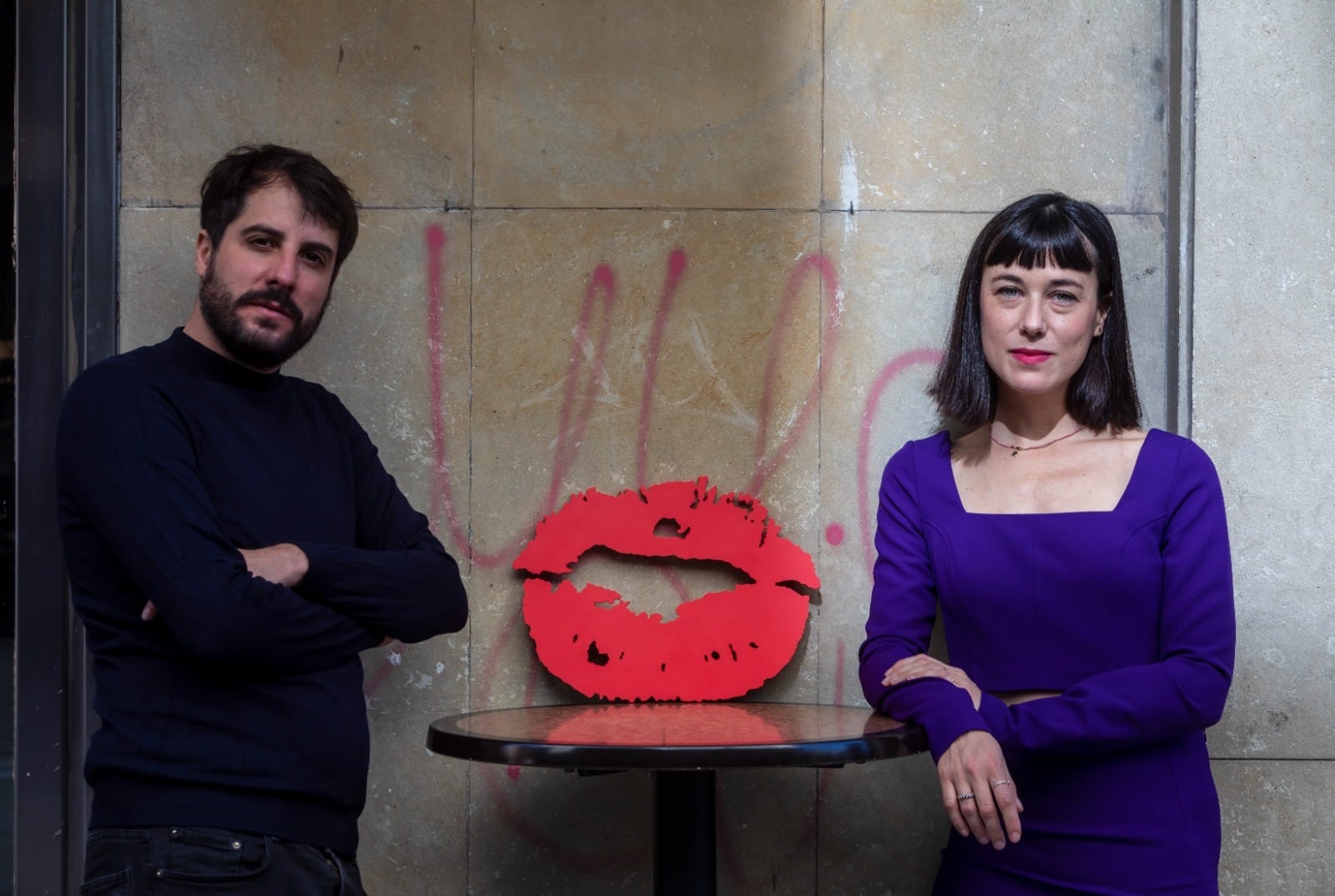The full-length film Los Inocentes [The Innocent] was presented today, Tuesday 26th October 2021, in the Spanish Cinema section of the 66th edition of the Valladolid Internatioanl Film Festival, at an event attended by director, Guillermo Benet, and actors Pablo Gómez Pando and Violeta Orgaz, who thanked the festival for the invitation.
During the presentation to the festival audience, Guillermo Benet acknowledged that there was “so little budget that the whole post-production process dragged on,” as the scenes were shot in 2018. “When there are no resources what you have is time,” he added.
In the director’s words, Los Inocentes “has its origin in another film, called Ciutat Morta [Dead City]. That’s a 2014 film that narrates some events that happened in Barcelona between 2003 and 2014 and tells the story of huge injustice that took place in the city.” It refers to the arrest and court conviction of three young South Americans accused of throwing a stone that caused the coma of a policeman during an eviction. The process, known as the 4F case, was plagued with irregularities that the documentary is responsible for pointing out and dismantling in a work that won the Silver Biznaga at the Malaga Festival, and has been widely applauded by audiences and critics since its premiere seven years ago.
Inspired by those events, Los Inocentes raises from different points of view the ways in which human beings act when they are exposed to extreme situations.
During the presentation, Benet also highlighted the handcrafted process of the film, the involvement of the actors and the fact that he wanted to “make a film that is transversal in time, in which the context is not as important as the feelings and the human processes behind it.”
